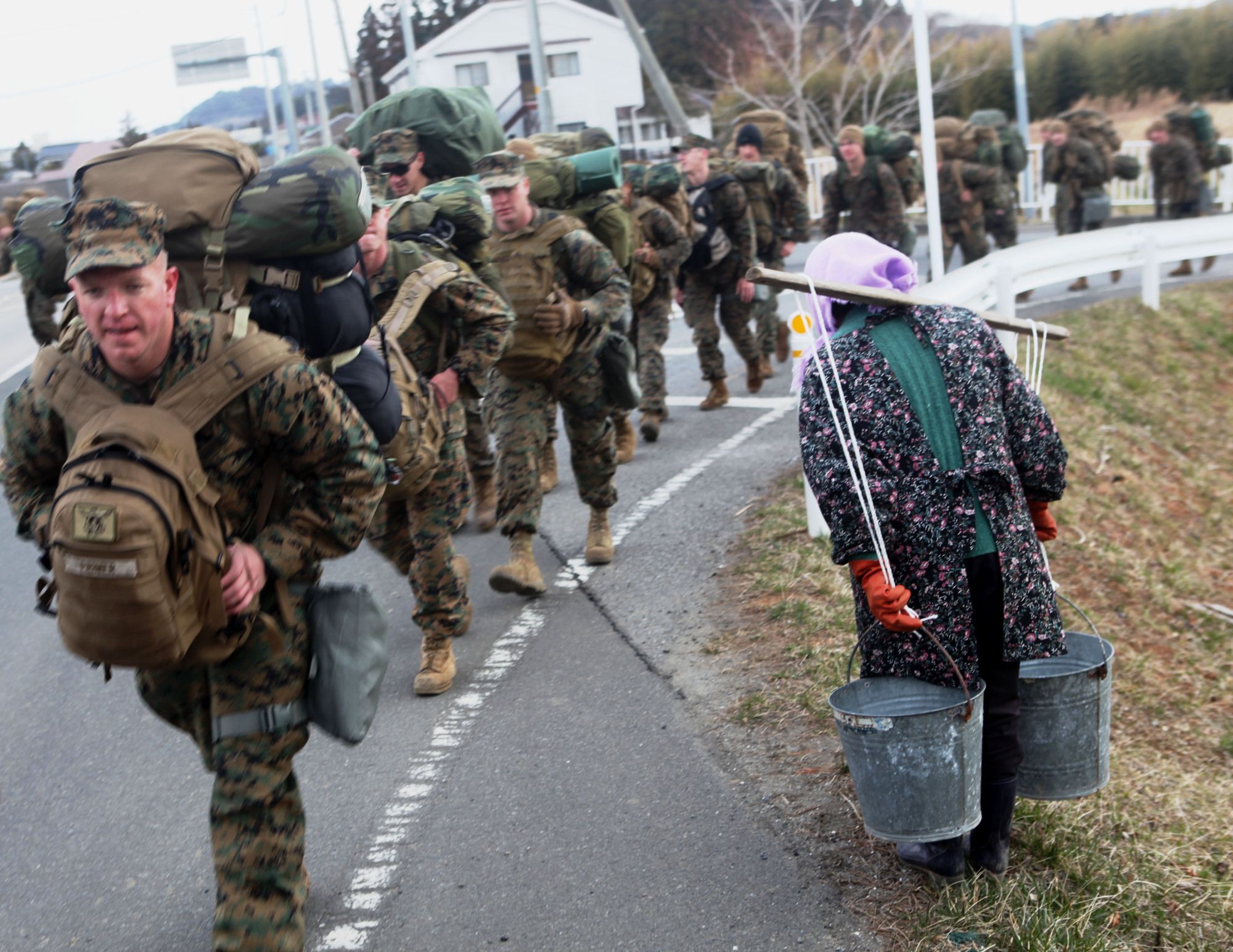The United States has a global military footprint that is second to none, and one of the most visible aspects of that footprint is a worldwide network of bases. From Japan to the United Kingdom, America's overseas installations allow it to shape events thousands of kilometers from U.S. shores.
Critics have long argued that basing troops abroad also creates anti-American sentiment, making Washington's worldwide presence toxic and self-defeating. A recent study turns this critique on its head, showing that foreigners' contact with American service members leads to more positive views of the U.S. and its military. Overseas bases, it turns out, are not only symbols of American hard power but tools of American soft power as well.
Overseas bases play a central role in America's ambitious grand strategy. The U.S. can bring decisive military power to bear in hot spots such as the South China Sea, Eastern Europe and the Persian Gulf because it has sprawling bases and logistical facilities that are either in or on the way to those regions. Air bases in Qatar and Turkey, for instance, were critical to the Pentagon's war against the Islamic State in Iraq and Syria. Moreover, bases enable the "forward presence" — the stationing of personnel, combat aircraft, naval vessels and other military assets close to the front lines of geopolitical conflicts — that reassures allies and keeps adversaries in check.


















With your current subscription plan you can comment on stories. However, before writing your first comment, please create a display name in the Profile section of your subscriber account page.